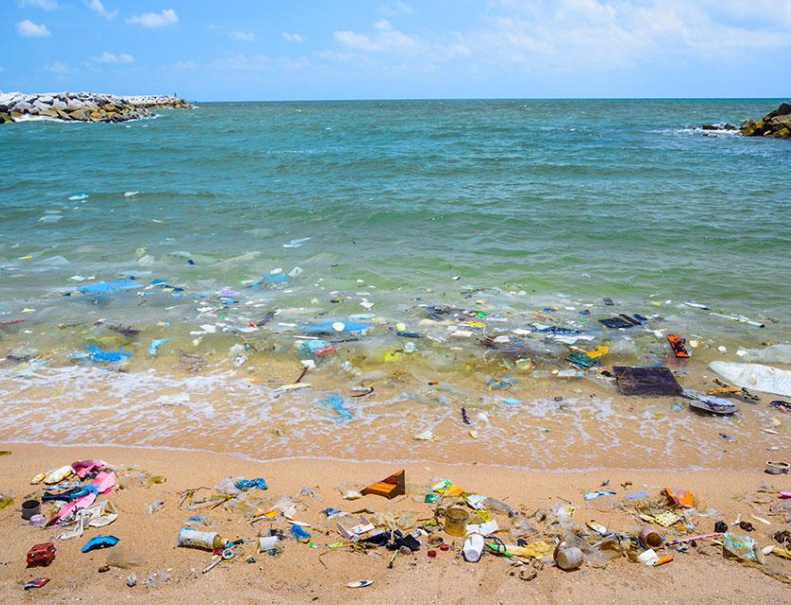Project | Dec, 2018
- Aug, 2023
Plastic Waste Free Islands

Overview and objectives
- Summary:
-
Review and enhance waste management strategies, legal and policy tools, community and private sector engagement and capacity building on best practice approaches to address the problem of marine…
- Objective:
-
This four year project aims to demonstrate how to reduce plastic waste generation and leakage in Small Island Development States (SIDS) that are associated with unique characteristics. The project is…
Project at a glance
Start date:
Dec, 2018
End date:
Aug, 2023
Budget:
Regions:
Members and partners
Fiji Department of Environment,
Ministry of Climate Change, Meteorology, Natural Disaster, Environment and Energy,
Ministry of Natural Resources and Environment, Samoa,
Organisation of Eastern Caribbean States

